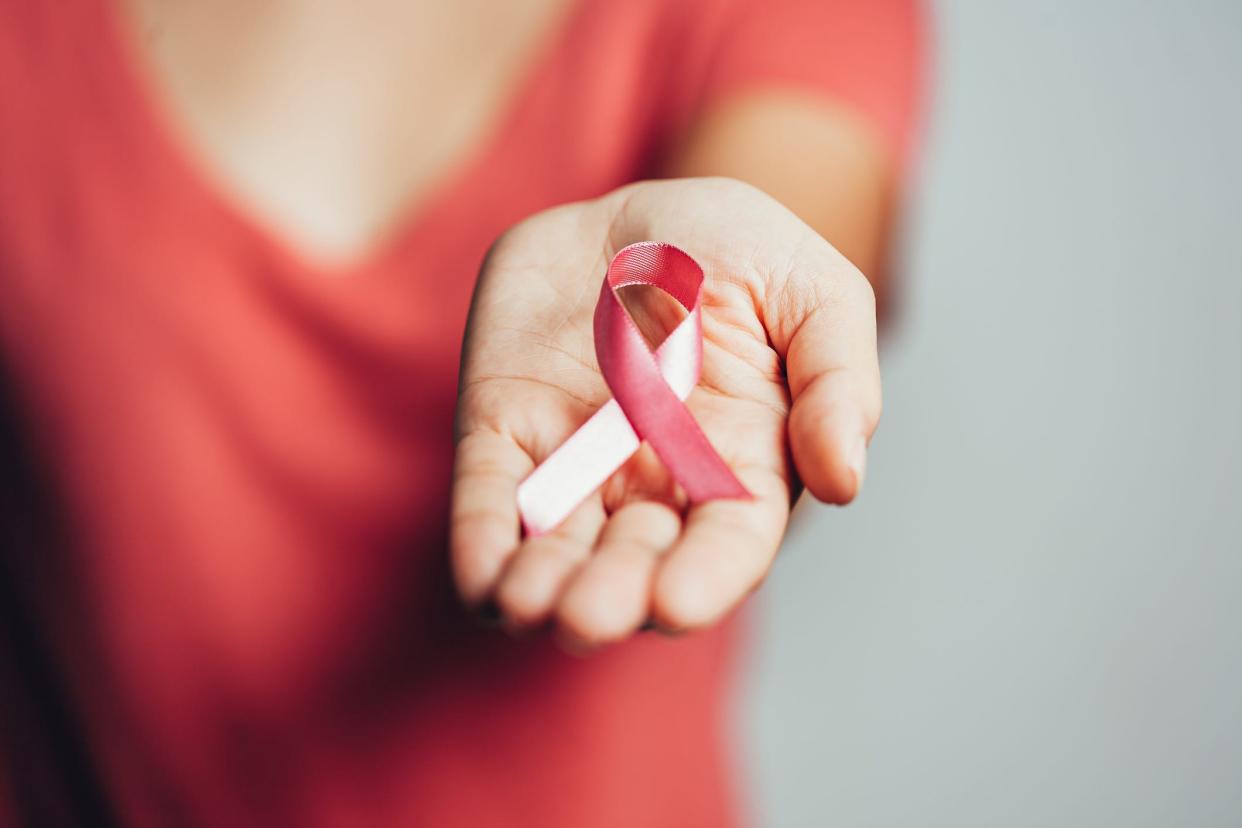More young women are getting breast cancer. So an expert panel recommends this change

As breast cancer diagnoses among young people are on the rise, experts are lowering the age at which women should start getting screened for the disease.
This week, the U.S. Preventive Services Task Force, which previously recommended that screening begin at age 50, changed course to recommend that women have their first mammogram at 40.
Local experts say that they have noticed more women developing breast cancer at younger ages in their own practices."I don't know if that's from our environment, if it's from our diets, or if it's from added stress. But I do see women in their 30s and 40s who have breast cancer," said Dr. Colleen Madden, a radiologist specializing in breast imaging at Indiana University Health. "It seems more frequent than when I started doing mammography 30 years ago."
More: New blood test under development by Lilly and Roche could make diagnosing Alzheimer's easier
What does this mean for me?
Women may want to start getting screened earlier because cancer in younger people tends to be more aggressive, Madden said. So early diagnoses can save lives.
The recommendations for screening age and frequency vary from organization to organization. The American College of Radiology, for example, recommends yearly screenings starting at 40 until the patient no longer wants to seek treatment if the mammogram identifies a cancer.The U.S. Preventive Services Task Force now recommends screenings every other year until the age of 74.
Some health experts note that earlier screening may lead to more false positives that can cause patients to worry needlessly. Research shows that false positives are more common in women age 40 to 49 than in older women.
But when to screen and when to stop are personal decisions, Madden said.
People who are high-risk or genetically more likely to develop breast cancer may want to screen earlier and more often. Black and Ashkenazi Jewish women are also at higher risk, according to the American College of Radiology.
Are screenings covered by insurance?
Insurance is required to cover a range of preventive care services, including breast cancer image screenings, for free.
Patients who are unsure of coverage should call their insurance company for details. Community organizations like Little Red Door Cancer Agency in Indianapolis will help patients who struggle to pay or lack insurance.
More: Nearly 370,000 Hoosiers lost dental insurance last year. Here's what happened.
Are imaging screenings uncomfortable?
The imaging test, while noninvasive, can be uncomfortable. However, Madden said technology has improved to make the experience better.
"It's not as intense as it used to be," she said. "The radiation dose is so much less than 30 years ago."
Women who are experiencing painful or tender breasts may want to reschedule for a time when they feel better, she said.
Binghui Huang can be reached at 317-385-1595 or Bhuang@gannett.com
This article originally appeared on Indianapolis Star: More young women get breast cancer, experts recommend earlier screening

